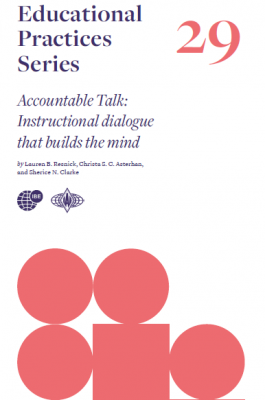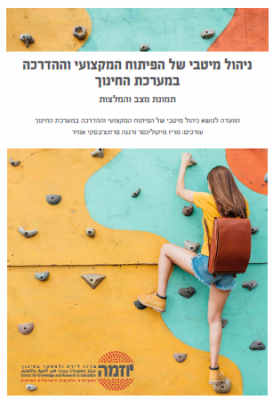Abstract:
Within the scholarly field of academically productive classroom dialogue, several elusive, yet rich and potent discourse moves have received special attention. However, their rarity and complexity also poses significant challenges to meeting interrater reliability thresholds, and they are often omitted from quantitative research efforts. We propose a different approach for coding that circumvents these issues, called DECCA. In this presentation, we showcase this methodology by focusing on teacher revoice. We demonstrate how it is possible to deconstruct this complex phenomenon into smaller and simpler elements. We then code each turn in the corpus for the existence or absence of each element (which we term Dialogue Elements, DEs). Adding a post-coding, pre-analysis stage allows us to extract turns which contain the specific combination of DEs relevant for revoice and distinguish it from similar teacher dialogue facilitation moves. Theoretical and practical implications are discussed.
Publisher's Version




